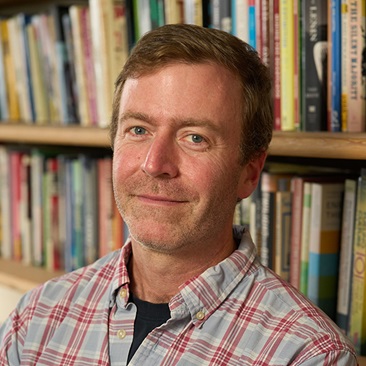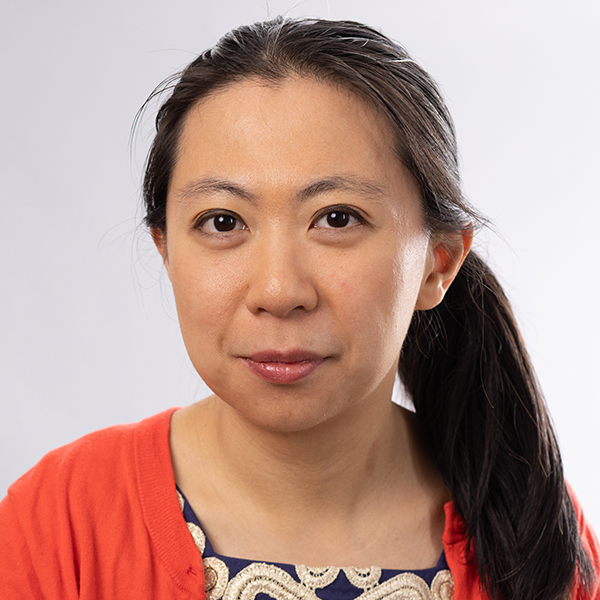full-time faculty teaching and conducting research in political science
of Maxwell faculty conduct research focused outside of the U.S.
graduate students in residence; fewer than 12 admitted each year
Undergraduate Studies
Graduate Studies

I am Maxwell.
Civic engagement is a core value for me. I have always aspired to help the communities I’m from.” Mazaher Kaila, a Maxwell alumna and third-year student at Syracuse University's College of Law, moved with her family from Sudan to Central New York when she was four years old. “I realized that to make meaningful change in society, I needed to understand the systems that power it—government and politics—and that’s insight I would gain by studying political science.”
Mazaher Kaila ’19, L’22
political science, law
The Russian threat and the consolidation of the West: How populism and EU-skepticism shape party support for Ukraine
Liesbet Hooghe, Gary Marks, Milada Anna Vachudova, Ryan Bakker, Seth Jolly, Jonathan Polk, Jan Rovny, Marco Steenbergen
European Union Politics, March 2024
Support for Ukraine against Russian aggression has been strong across Europe, but it is far from uniform. An expert survey of the positions taken by political parties in 29 countries conducted mid-2023 reveals that 97 of 269 parties reject one or more of the following: providing weapons, hosting refugees, supporting Ukraine's path to European Union membership, or accepting higher energy costs.
Where the perceived threat from Russia is most severe, we find the greatest levels of support for Ukraine. However, ideology appears to be far more influential. The level of a party's populist rhetoric and its European Union skepticism explain the bulk of variation in support for Ukraine despite our finding that many strongly populist and European Union-skeptical parties take moderate pro-Ukraine positions when in government.
The authors discuss their findings in the London School of Economics European Politics and Policy blog. “How populism and EU-scepticism shape party support for Ukraine.”
Related News
Commentary

Aug 1, 2024
Commentary

Jul 31, 2024
Commentary

Jul 31, 2024
Commentary

Jul 30, 2024
BaoBao Zhang Joins First Cohort of AI2050 Early Career Fellows
One of only 15 scholars chosen from across the U.S., Zhang will receive up to $200,000 in research funding over the next two years. Zhang will use the funding to partner with the nonprofit, non-partisan Center for New Democratic Processes to test whether public participation in AI governance is increased through the creation of public assemblies, known as “deliberative democracy workshops.”
Baobao Zhang
Assistant Professor, Political Science Department

The Russian threat and the consolidation of the West: How populism and EU-skepticism shape party support for Ukraine
Liesbet Hooghe, Gary Marks, Milada Anna Vachudova, Ryan Bakker, Seth Jolly, Jonathan Polk, Jan Rovny, Marco Steenbergen
European Union Politics, March 2024
Support for Ukraine against Russian aggression has been strong across Europe, but it is far from uniform. An expert survey of the positions taken by political parties in 29 countries conducted mid-2023 reveals that 97 of 269 parties reject one or more of the following: providing weapons, hosting refugees, supporting Ukraine's path to European Union membership, or accepting higher energy costs.
Where the perceived threat from Russia is most severe, we find the greatest levels of support for Ukraine. However, ideology appears to be far more influential. The level of a party's populist rhetoric and its European Union skepticism explain the bulk of variation in support for Ukraine despite our finding that many strongly populist and European Union-skeptical parties take moderate pro-Ukraine positions when in government.
The authors discuss their findings in the London School of Economics European Politics and Policy blog. “How populism and EU-scepticism shape party support for Ukraine.”
Related News
Commentary

Aug 1, 2024
Commentary

Jul 31, 2024
Commentary

Jul 31, 2024
Commentary

Jul 30, 2024
